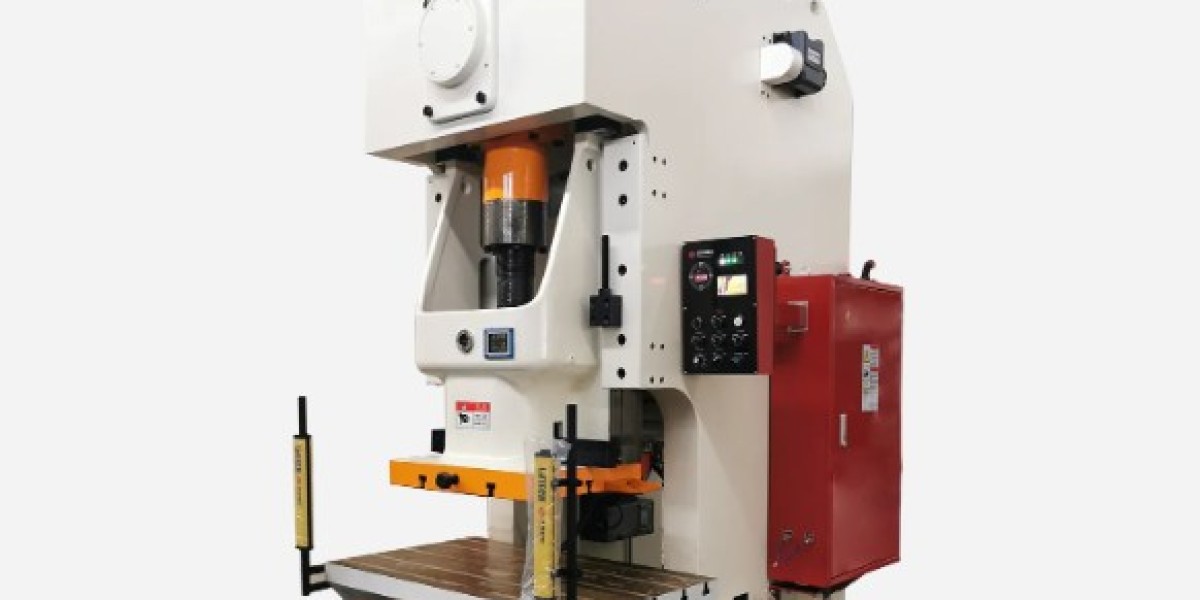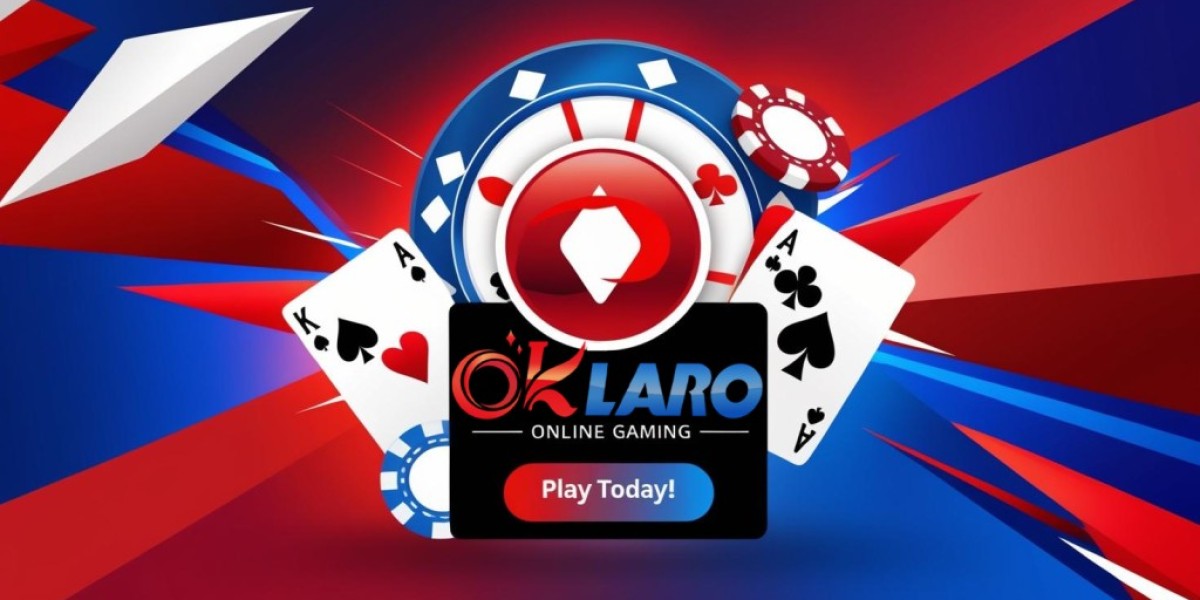From Humble Beginnings to National Spotlight
Meyers Leonard’s rise to NBA fame didn’t begin in a basketball powerhouse or a major city. It started in Robinson, Illinois, a small town where sports often offered one of the few paths to a bigger future. Born on February 27, 1992, Leonard faced significant family adversity early in life. After his father’s death and his mother’s debilitating illness, Leonard’s youth was shaped by financial hardship and emotional strain.
But standing over seven feet tall with surprising agility, Leonard soon caught the attention of college scouts. His work ethic and promise on the court earned him a scholarship to the University of Illinois, where he played two seasons. By the end of his sophomore year, he was ready to make the leap to the NBA, declaring for the 2012 draft.
A Career Begins: Portland and the Development Years
Leonard was selected 11th overall in the 2012 NBA Draft by the Portland Trail Blazers. At that point, he was viewed as a high-upside center in an evolving league. The NBA was beginning to shift away from traditional big men toward more mobile, versatile players — and Leonard, with his athletic build and ability to shoot from outside, fit that trend.
However, Leonard’s early years in Portland were largely defined by growing pains. He was inconsistent, often playing behind more experienced centers. Coaches praised his effort and attitude, but translating potential into production took time. Still, he persisted. Slowly, he earned more minutes and built a reputation as a stretch big man who could contribute on both ends of the floor.
Breakthrough on the Big Stage
Leonard’s defining moment came in 2019 during the Western Conference Finals. In Game 4 against the Golden State Warriors, Leonard scored 30 points — a career high — in a national spotlight that had eluded him for much of his career. While Portland lost the game and the series, Leonard’s performance stood out as a personal triumph. He had shown that he belonged, that he could shine under pressure, and that his development was finally paying off.
This performance likely influenced his next major career move — a trade to the Miami Heat in the 2019 offseason.
Embracing the Heat Culture
In Miami, Leonard seemed to find his place. The Heat valued discipline, effort, and team-first basketball — principles Leonard embraced. Under head coach Erik Spoelstra, he became a reliable role player, spacing the floor with his shooting and bringing vocal leadership to the locker room. During the 2019–2020 season, he started most games he played and helped Miami make an unexpected run to the NBA Finals in the COVID-19 bubble.
Though his playoff minutes were limited, Leonard was part of a unit that shocked the league. He contributed both on the court and behind the scenes, embracing the culture and cohesion that Miami had built.
The Twitch Incident and Its Consequences
But in March 2021, Leonard’s career came to a sudden halt. While live-streaming a video game on the platform Twitch, he used an anti-Semitic slur — unaware, as he later claimed, of its meaning. The reaction was immediate and severe. The Miami Heat suspended him, and within weeks, he was traded and subsequently waived.
The incident ignited a larger conversation about responsibility, ignorance, and accountability in professional sports. Leonard issued a public apology, stating that he didn’t understand the full weight of the word he had used, but that he would take steps to educate himself. The NBA fined him $50,000, and he was removed from team activities indefinitely.
Apology and the Road to Understanding
What followed was a long and difficult journey — not back to basketball, but toward personal growth. Leonard began meeting with Jewish leaders and organizations to better understand the painful history behind the word he had used. He didn’t issue a hollow PR statement and vanish. Instead, he quietly began working to educate himself and others.
His efforts were not universally praised, but many in the Jewish community acknowledged his sincerity and willingness to change. Leonard seemed committed to learning from the experience — not to save his career, but to repair the damage he had caused.
Return to the Court: A Second Chance
Nearly two years after the controversy, Leonard received another opportunity. In early 2023, the Milwaukee Bucks signed him to a 10-day contract. For Leonard, it wasn’t about reclaiming stardom; it was about showing he had grown and proving he could be a positive presence in a locker room again.
The Bucks re-signed him for the remainder of the season, though his on-court contributions were limited. Still, his return marked a rare and noteworthy example of a player taking full ownership of a mistake and being given a path back — not through entitlement, but through real effort.
Where He Stands Today
As of 2025, Meyers Leonard is a free agent. His future in professional basketball remains uncertain. At 33 years old, with injuries in his past and years out of the spotlight, a return to the NBA is far from guaranteed.
But Leonard has not disappeared. He continues to train and has expressed interest in using his platform to discuss issues of accountability, education, and growth. His public appearances are now less about basketball and more about how to recover from a very public failure.
More Than a Redemption Arc
The story of Meyers Leonard isn’t simply about falling and rising again. It’s about the layers between those moments. It’s about how a public figure can go from hero to villain — and potentially back again — not by seeking forgiveness, but by earning it.
Leonard will always be remembered for both his athletic promise and his public misstep. But he also might be remembered for something rarer: the honesty and humility to admit ignorance and the courage to try to be better.
Conclusion: The Human Side of Professional Sports
Meyers Leonard’s career reveals a side of professional sports that is often overshadowed by highlight reels and stats. Athletes are not just competitors — they are people, capable of both remarkable feats and painful errors. Leonard’s journey, still in progress, is not just about basketball. It’s about growth, change, and what it takes to come back from a moment that could have defined him forever.
Time will tell if Leonard steps on an NBA court again. But in the meantime, he’s working on something even harder — becoming a better version of himself.








